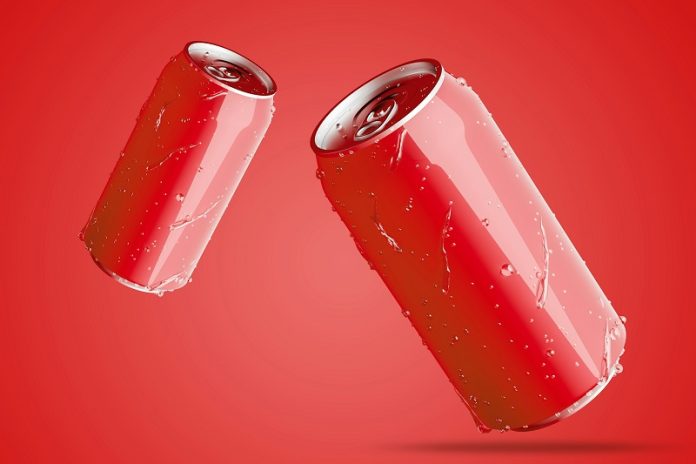
Energy drinks are growing in popularity as an alternative pick-me-up to coffee, but are they safe for your heart?
Not when consumed frequently or in large quantities, says cardiac electrophysiologist Mehmet Aktas of University of Rochester Medicine. The high caffeine and sugar content in most energy drinks can have extreme effects on the body.
According to Aktas, “Caffeine stimulates the body and leads to the release of adrenaline, which can lead to palpitations, high blood pressure, and sleep disturbances.”
The high sugar content can also contribute to weight gain, increasing the risk of developing cardiovascular issues over time.
Which is healthier: coffee or energy drinks?
Coffee, usually. It all depends on the amount of caffeine consumed, which varies by brand.
An average eight-ounce cup of coffee typically has about 80 mg of caffeine, while an energy drink of the same size can contain between 100-150 mg of caffeine. Many energy drinks come in larger 12-16 oz cans, resulting in a significantly higher caffeine intake.
“If you’re looking for a little jolt to wake up, a cup of coffee provides caffeine without all the additives found in energy drinks,” says Aktas.
Another great option for a natural energy boost is a smoothie with fruits and vegetables. The added proteins provide sustained energy throughout the day, and they won’t affect your sleep the way caffeine will.
Heart health issues
Some of the potential issues caused by the ingredients in energy drinks include:
- Tachycardia: increased resting heartbeat
- Arrhythmias: irregular heartbeat, including skipped beats and atrial fibrillation
- Hypertension: high blood pressure
- Arterial spasms that may lead to heart attacks and other forms of vascular disease
“Cardiac arrests in younger people are rare,” notes Aktas. “But recent studies indicate energy drinks may increase this risk, especially for those with a genetic predisposition to heart conditions.”
A recent study of cardiac arrest survivors with genetic heart conditions showed that 5% had experienced a cardiac arrest after having an energy drink.
Aktas anticipates research will continue to grow in the coming years, giving providers a better understanding of the relationship between energy drinks and cardiac arrests.
If you care about heart health, please read studies about the best time to take vitamins to prevent heart disease, and calcium supplements could harm your heart health.
For more information about health, please see recent studies that blackcurrants can reduce blood sugar after meal and results showing how drinking milk affects risks of heart disease and cancer.



